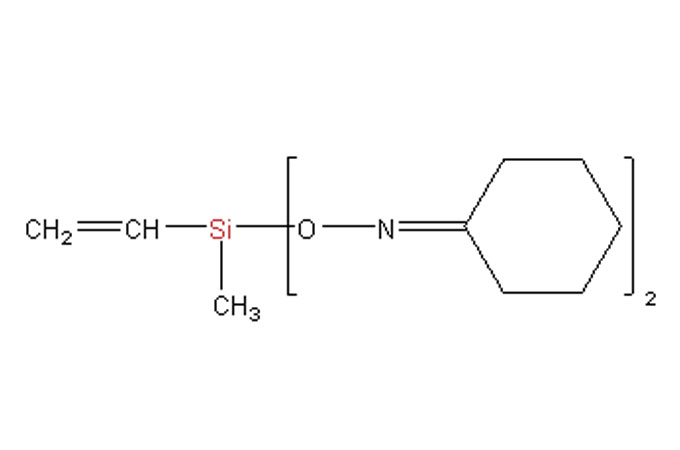Surface treatments play a crucial role in protecting and enhancing the durability of various materials, from concrete and masonry to metals and glass. Among the many options available, silane emulsion has gained prominence for its exceptional properties and versatility. In this comprehensive guide, we will delve into the world of silane emulsion, exploring its applications, benefits, and the ways it enhances surface treatments.
Understanding Silane Emulsion
What Is Silane Emulsion?
Silane emulsion is a water-based solution containing silane molecules. Silanes are chemical compounds consisting of silicon and hydrogen atoms and are known for their strong bonding capabilities with various surfaces. When formulated into an emulsion, silanes become easy to apply and offer excellent penetration properties.
Key Properties
Silane emulsion is renowned for several key properties that make it an ideal choice for surface treatments:
Low Volatility: Silane emulsions have low volatility, meaning they produce minimal fumes or odors during application.
Excellent Penetration: These emulsions can deeply penetrate porous substrates, providing long-lasting protection.
Water Repellency: Silane-treated surfaces become highly water-repellent, helping to prevent water damage, such as staining, corrosion, and freeze-thaw damage.
Chemical Resistance: Silane emulsion provides resistance against chemicals, salts, and pollutants, enhancing the durability of treated materials.
Applications of Silane Emulsion
Silane emulsion finds applications in a wide range of industries and for various materials:
Concrete and Masonry Protection
In the construction industry, silane emulsion is used to protect concrete and masonry structures from moisture intrusion, corrosion, and chemical damage. It's particularly effective for bridges, parking garages, and historical buildings.
Metal and Corrosion Prevention
Silane emulsion can be applied to metals like steel and aluminum to create a protective barrier against corrosion. It's commonly used in the automotive, aerospace, and marine industries.
Glass and Stone Treatments
For glass and stone surfaces, silane emulsion enhances water repellency, reducing staining and making cleaning easier. It's often used in architectural applications and on natural stone facades.
Wood Preservation
Silane emulsion can protect wood from moisture damage and decay. It's used in applications like decking, outdoor furniture, and wooden structures.
Benefits of Using Silane Emulsion
The adoption of silane emulsion for surface treatments offers several advantages:
Long-Lasting Protection: Silane-treated surfaces remain protected for extended periods, reducing maintenance costs.
Improved Aesthetics: Silane emulsion enhances the appearance of treated materials by preventing stains, efflorescence, and discoloration.
Environmental Friendliness: Silane emulsions are water-based and produce minimal environmental impact, aligning with sustainability goals.
Versatility: These emulsions can be applied to a wide range of materials, making them versatile solutions for various industries.
To maximize the benefits of silane emulsion, proper application techniques and surface preparation are essential. Consulting with experts and following manufacturer guidelines is crucial to ensure effective and long-lasting protection.
Silane emulsion stands as a versatile and effective solution for enhancing the durability and longevity of various materials. Whether you're in the construction, automotive, or architectural industry, or you simply want to protect your home's surfaces, silane emulsion can provide long-lasting protection against moisture, corrosion, staining, and more. Its environmentally friendly nature, versatility, and exceptional performance make it a valuable tool in the world of surface treatments, helping to preserve and enhance the quality of materials in a wide range of applications.
 English
English 日本語
日本語 한국어
한국어 français
français Deutsch
Deutsch Español
Español italiano
italiano русский
русский português
português العربية
العربية tiếng việt
tiếng việt
